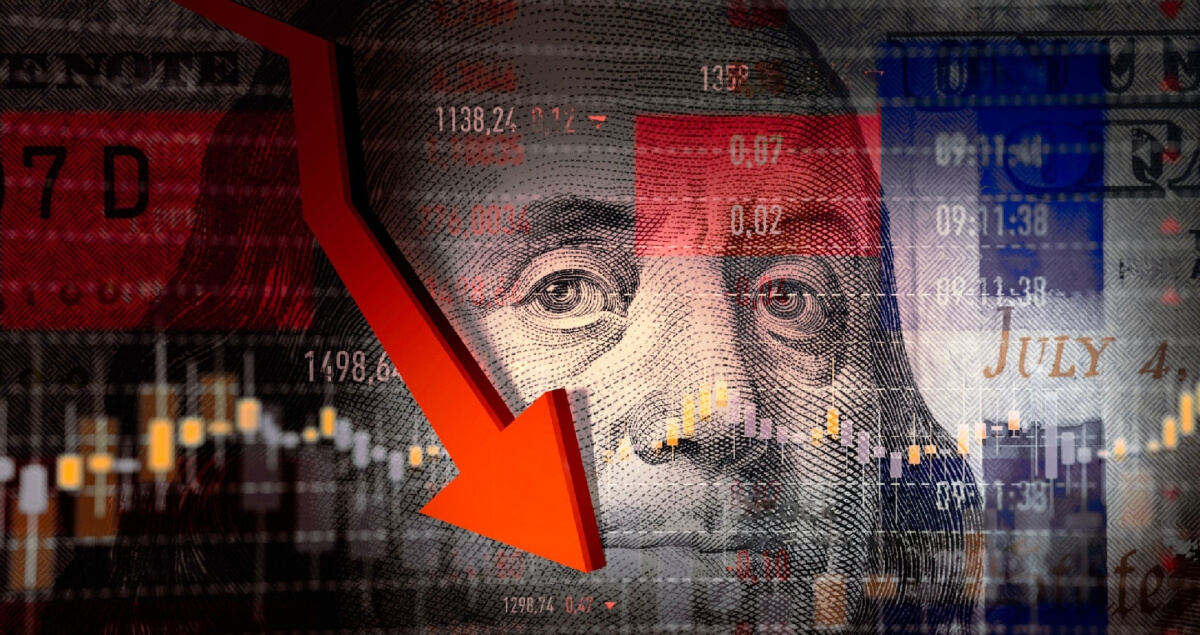Key Insights
- Vanguard’s chief investment officer forecasts subdued U.S. stock market returns of 4.7% to 6.7% annually through 2024.
- This outlook is a departure from the double-digit gains seen in the past decade, attributed to stretched stock valuations and the Fed’s rate hikes to combat inflation.
- Vanguard suggests that international stocks may offer more attractive returns (7-9%) due to favorable valuations and risk premiums compared to the U.S. market.
U.S. stocks are unlikely to deliver standout gains over the next several years, instead limping along with below-average returns according to sober new projections.
Vanguard’s chief investment officer Greg Davis cautioned investors to temper expectations, forecasting annual U.S. stock market returns of just 4.7% to 6.7% through 2024.
That’s a stark contrast from the bubbly 9% to 10% annual gains the S&P 500 delivered over the past decade.
2 Factors for Future Stock Market Underperformance
Davis pinned the pessimistic outlook on two key factors:
First, stock valuations remain stretched after years of runaway growth, making further expansion difficult. The Fed’s aggressive rate hikes to combat inflation have already initiated a reversion to normalcy from the loose, low-rate environment that fueled outsized returns.
Second, the risk premium built into U.S. stock prices is far below historical averages as fixed income from bonds becomes more competitive. The ~5% yield on 10-year Treasuries is siphoning investor dollars away from equities.
The diminished appeal of U.S. stocks can be seen in recent fund flow data. After years of pouring money into domestic equities, investors have turned more cautious, with weekly inflows turning negative according to Bank of America.
Meanwhile, Vanguard expects international stocks to deliver healthier 7-9% returns over the next few years as valuations and risk premiums remain favorable overseas.
Davis’ sober message aligns with other expert warnings that the U.S. stock market faces a prolonged period of turbulence and muted gains as economic headwinds gather. Skittish investors may need to temper growth expectations and get accustomed to more modest returns.


